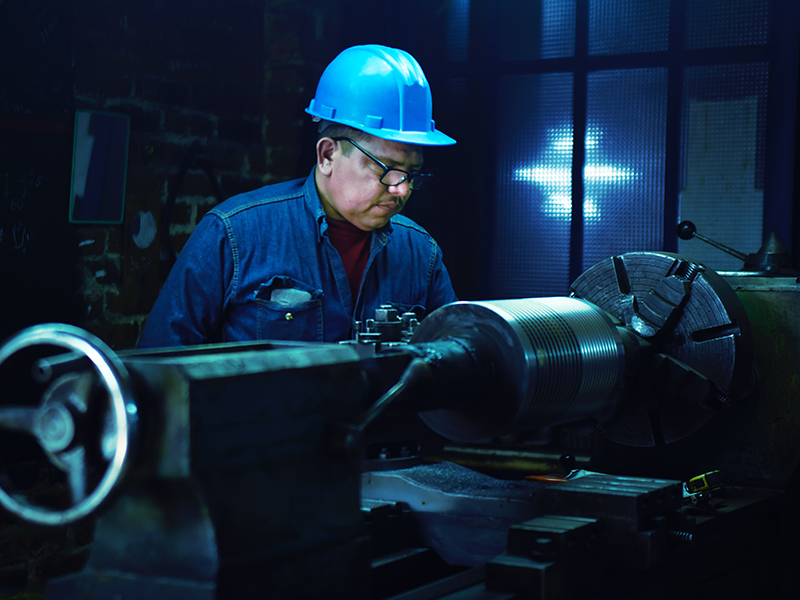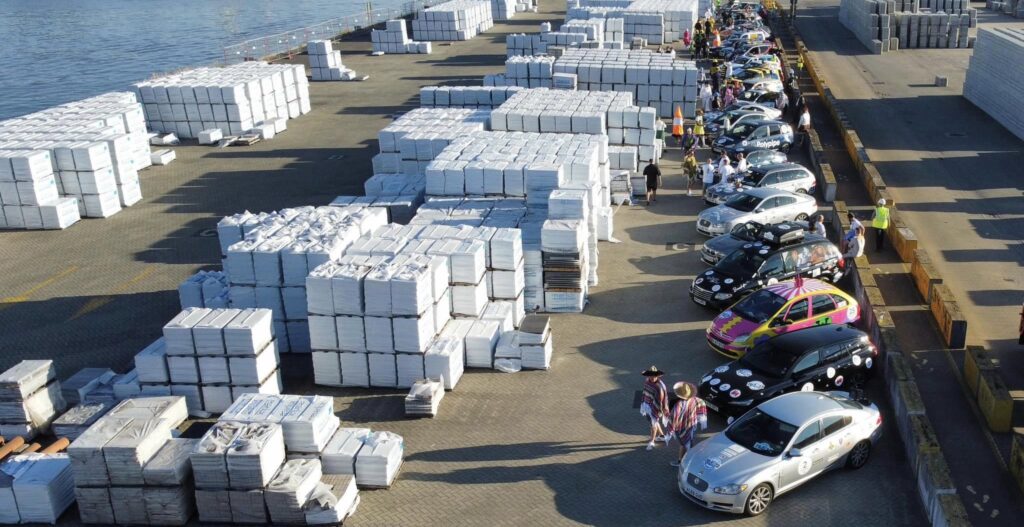

Business resilience focuses on the vital practices and procedures that enable businesses to endure unforeseen threats. The UK has a selection of unique characteristics that shape and contribute to its resiliency.
In this blog the Bailey Products experts investigate how UK manufacturing contributes to the country’s resilience.
What is resilience?
Resilience as a business concept, gained credibility as the international community realised the importance of responding to an increasingly diverse array of shocks and transitions. These shocks include financial disruptions, climate crises, energy shortages, technological shifts, terrorism, natural disasters and severe weather events. Our geographical vulnerabilities are amplified as globalisation means there is more interdependence between countries.
Business resilience in the UK?
The UK has distinctive characteristics which contribute to its resilience. Remember, the UK pioneered industrialisation, being such an important voice in early manufacturing allowed the UK to drive economic growth and prosperity. As a result the UK became known as the ‘workshop of the world’ in the late 19th century.
This early learning provided a springboard for the UK, and the country has since gone on to establish specialisations in particular economic sectors, from aerospace to creative industries, financial services to pharmaceuticals – these specialisms tend to be in high value-added activities.
High value-added manufacturers often compete on unique value and innovation, rather than price. The UK has a strong foothold as a global value-added provider.
How the UK responds to shocks
However, the history – and geography – of the UK does also make it vulnerable to external shocks, instabilities and disruptions from elsewhere. Recent experiences demonstrate this lack of resilience, for example, Brexit and its resulting supply disruptions.
However the physical geography of the UK also shapes its resilience to challenges. Its proximity to trading has historically set the country in good stead, and more recently the understanding that the geography of the UK can have potential benefits, especially in terms of energy generation. Recent years have seen a number of offshore wind and tidal energy generation sites spring up to harness the physical geography of the UK.
How UK manufacturing contributes to UK resilience
Manufacturing is incredibly valuable to the prosperity of the UK, both now and into the future, it plays a crucial role in workplace training and development; skills that are highly transferable and boost the flexibility of the labour market in response to shocks.
Manufacturing is an integral element in the future resilience of the UK. Indeed, in the light of concerns about productive security, it is difficult to envisage how the UK will address future resilience challenges without a strong and vibrant manufacturing sector.
To speak to a member of team please get in touch.

